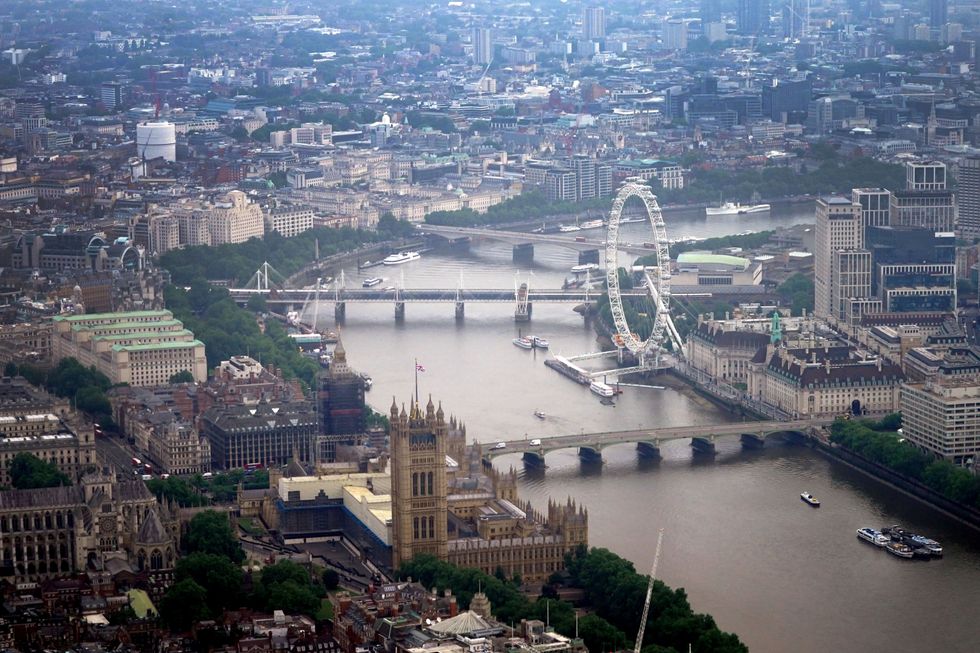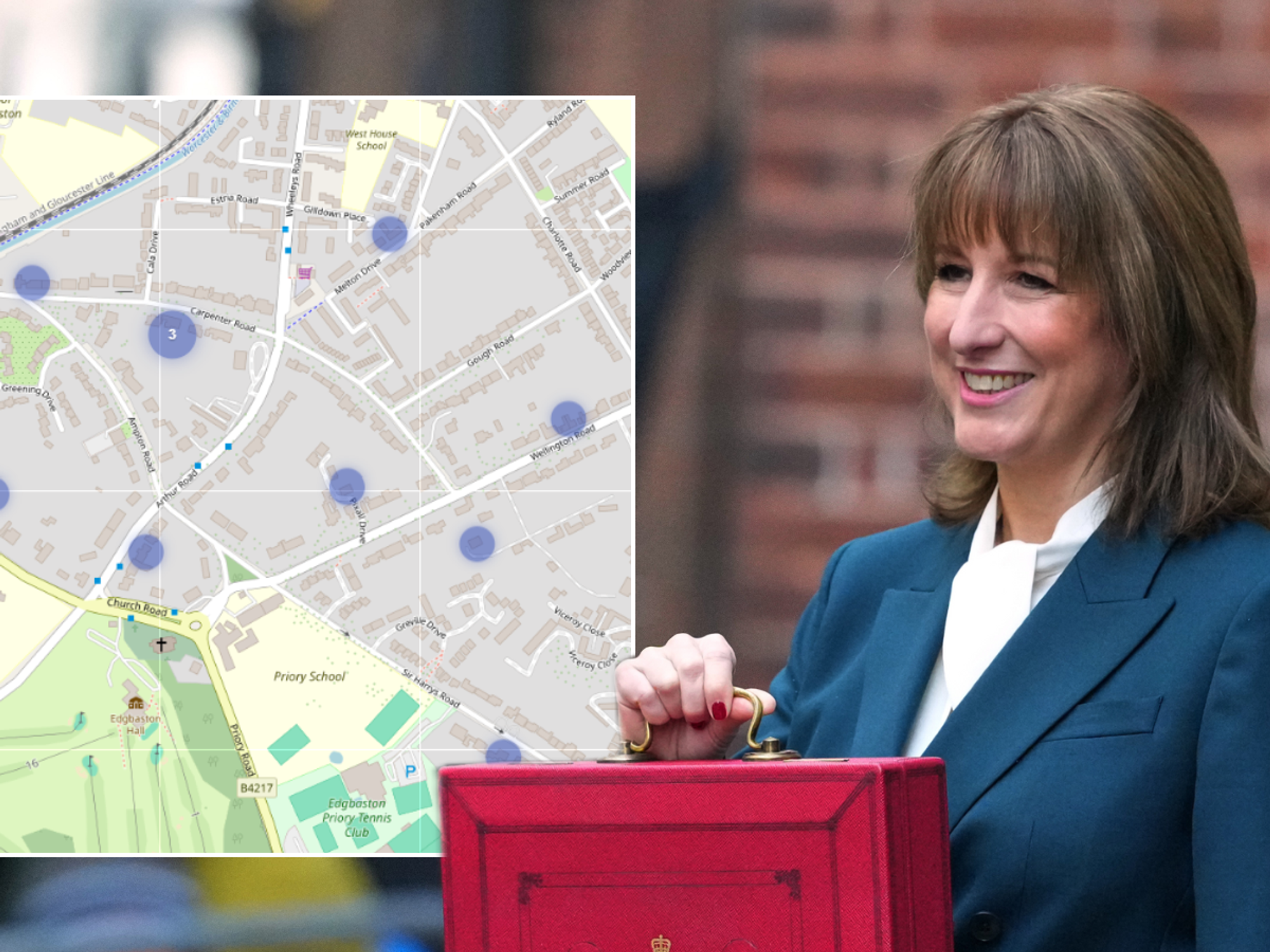REVEALED: UK housing is booming in all but one area...and the culprit isn't who you think

Unique housing challenges appear to be worsening despite the national uptick in construction
Don't Miss
Most Read
Trending on GB News
London is experiencing a troubling anomaly in the UK housing market - as the only region where construction is declining while the rest of the country builds more homes, Robert Colvile, director of think tank Centre for Policy Studies has said.
This concerning trend has been highlighted by Colvile, who points to a regulatory bottleneck rather than mayoral policies.
"Something deeply alarming is happening in London: it's the only part of the country that's building less, not more. And while I'd love to blame Sadiq Khan, there's another culprit that urgently needs addressing," he said.
The capital's unique housing challenges appear to be worsening despite the national uptick in construction.

London is experiencing a troubling anomaly in the UK housing market - as the only region where construction is declining while the rest of the country builds more homes, Robert Colvile, director of think tank Centre for Policy Studies has said
| GETTY/PAAt the heart of this crisis is the post-Grenfell safety regime, which requires the new Building Safety Regulator (BSR) to approve every building at least 18 metres tall or have seven or more storeys and contain at least two residential units.
This regulatory hurdle affects a substantial portion of new London housing, which typically consists of tall buildings developed on brownfield sites.
The stringent approval process comes in addition to other post-Grenfell regulations that already place significant responsibility on developers.
As Colvile notes, "construction bosses are now personally legally liable - will go to jail - if their company builds badly," raising questions about what additional value the BSR approval process provides.
The BSR's effectiveness has been hampered by several institutional challenges.
Colvile explains: "The BSR is new, inexperienced, under-resourced and pernickety - an awful combination."
This assessment is not isolated, with Colvile saying that MPs, builders, and organisations like Centre for Cities have all highlighted the growing backlog.
LATEST DEVELOPMENTS:
The regulator's cautious approach and limited capacity have created a significant bottleneck in the approval process.
For a city that relies heavily on high-density development to meet housing needs, this regulatory hurdle has become a critical impediment to addressing London's housing shortage.
The consequences of this regulatory gridlock are already manifesting in London's housing market.
"The result is that desperately needed buildings, which already have planning permission, are either getting stuck waiting for individual approval, or simply not being put forward at all," Colvile warns. This has created a tangible impact on housing statistics.
Data from the National House Building Council (NHBC) reveals a concerning trend: "Apartments are the ONLY category of housing where numbers fell last year."
The situation has reached a critical point where urgent intervention is required to prevent further deterioration of London's housing pipeline.
The political implications of this crisis present an opportunity for the current Labour Government.
As Colvile observes, "this is also politically pretty easy for Angela Rayner and Matthew Pennycook, because they can point to the rise in applications elsewhere as proof that their policies are working, and (justifiably) blame the crap design of the regulator squarely on the Tories."
The situation creates a clear narrative for the Government: their housing policies are working nationally, with London's unique challenges attributable to inherited regulatory design flaws, according to Colvile.

The capital's unique housing challenges appear to be worsening despite the national uptick in construction
| PAThe urgency of resolving this regulatory bottleneck cannot be overstated.
"If this isn't fixed, no housing pipeline in London. Govt misses targets, housing crisis deepens," Colvile warns.
London's position as the region most in need of new housing adds further pressure to find a solution. "
We should always remember that London is the part of the country that needs new housing the most, not least because it's where a huge proportion of new arrivals to the country end up," Colvile emphasised.
He concluded that, without swift intervention to streamline the BSR's processes, London's housing crisis will only intensify, with far-reaching social and economic consequences.
More From GB News











